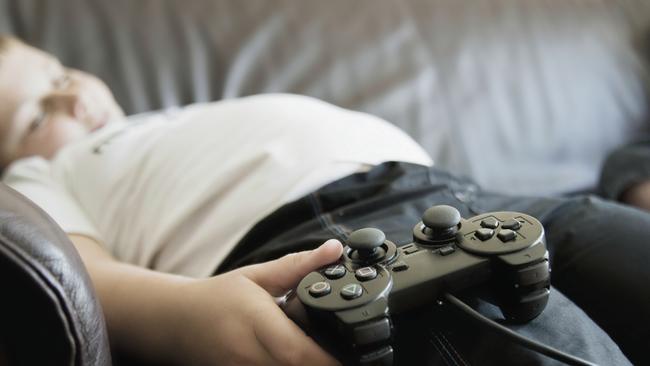In-home interventions planned for obese Aussie kids
OBESE children and their families will have health experts stage in-home interventions as part of a study into how to best fight flab.

National
Don't miss out on the headlines from National. Followed categories will be added to My News.
OBESE children and their families will have health experts stage in-home interventions as part of a study into how to best fight flab.
The back to basics program will trial a “nudge” method where families are encouraged to make small changes in their kitchens, grocery shopping routines and back yards to make healthy choices around diet and exercise.
Researchers believe common sense approaches are not working with a quarter of Australian children now overweight or obese, and more than 1200 Victorian kids as young as three seeking help at the state’s only hospital-based weight loss clinic.
Murdoch Children’s Research Institute Professor Melissa Wake said “very little inroads” had been made into obesity despite nearly two decades of intense research.
“The common sense approaches are a bit of education, promotion, teaching people what they should eat, physical activity and motivation,” she said. “But that’s not working.
“With more than half of all Australian women and over two thirds of all Australian men either overweight or obese, it tells you that this isn’t a problem just affecting an unmotivated few.
“We need to find a solution that will work across all sectors in society.”
Researchers will go into the homes of 20 Victorian families with children aged 3-11 in the six month trial and implement changes like using smaller dinner plates, traffic light stickers on food storage containers, rearranging the pantry to put healthy food in front and hiding junk food, and making sporting equipment more visible and accessible to children.
Prof Wake said the “nudge theory” worked in a similar way to rumble strips on roads that automatically cause drivers to slow down as they approach an intersection.
“We see families who are incredibly motivated and that still doesn’t work,” she said.
“It’s like biology is just beating everybody is today’s environment, so let’s change the environment a little bit.”
MCRI is also working on deciphering what biological markers or health measurements can be used to better predict which overweight children will grow up to be obese adults.
Preliminary research suggests that a simple combination of measurements — the child and parents’ BMI, girth and the child’s general health — are a powerful predictor of obesity that continues past childhood.
Originally published as In-home interventions planned for obese Aussie kids


